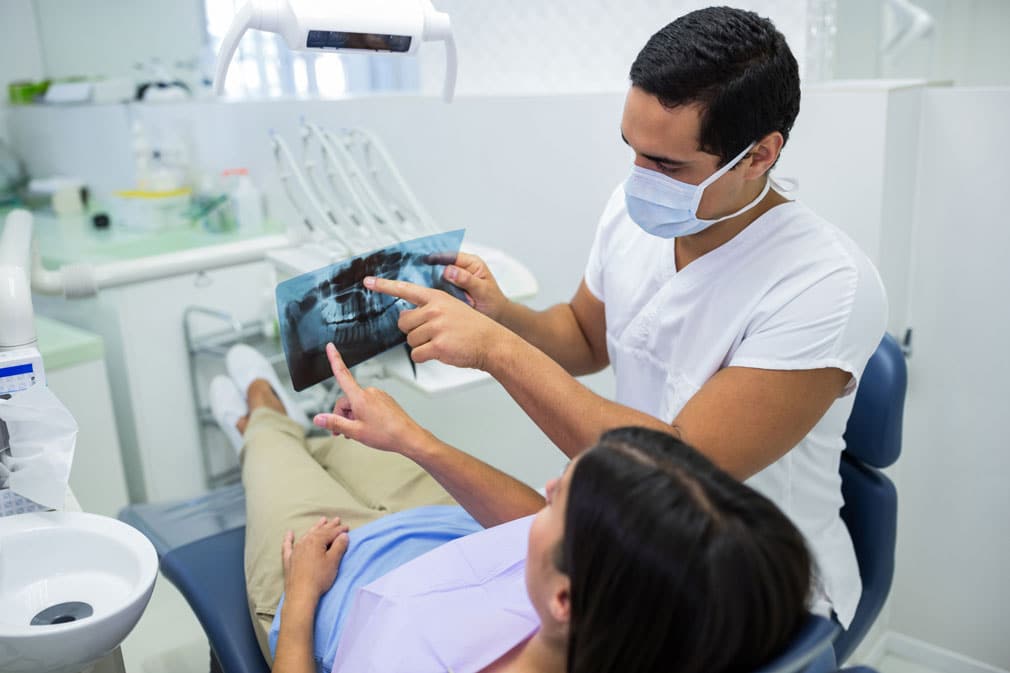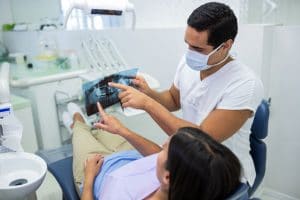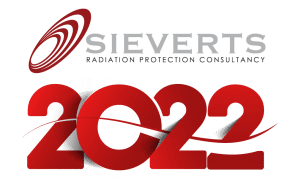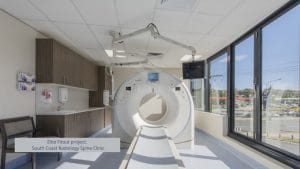Radiation legal requirements
Meeting the legislative requirements (licensing, procedures, and compliance) for a radiation practice can be daunting, not to mention a frustrating process. Indeed, one can waste substantial time understanding these legal requirements, let alone applying them to practice. Of course, you still require plenty of time and energy to run your business/practice.
All practices with a radiation machine (intra oral, extra oral, CBCT, laser) must comply with the local radiation health regulatory requirements for radiation safety. The core purpose is to ensure the safety of everyone, not only for the people operating the radiation machine but also for people within proximity of the radiation machine/exposure. As you know, radiation energy is invisible yet can impact health and wellbeing if not used correctly.
Each state and territory of Australia have their radiation safety guidelines and requirements. They differ both in applications and implications. Below are the legislations and regulations governing the radiation requirements across Australia:
Queensland – Radiation Safety Act 1999 & Radiation Safety Regulation 2021
New South Wales – Radiation Control Act 1990 & Radiation Control Regulation 2013
Victoria – Radiation Act 2005 & Radiation Regulations 2007
Western Australia – Radiation Safety Act 1975 & Radiation Safety (General) Regulations 1983
South Australia – Radiation Protection and Control Act 1982 & Radiation Protection and Control (Ionising Radiation) Regulations 2015
Tasmania – Radiation Protection Act 2005 & Radiation Protection Regulations 2016
Australia Capital Territory – Radiation Protection Act 2006 & Radiation Protection Regulation 2007
Northern Territory – Radiation Protection Act 2004 & Radiation Protection Regulations 2007
It is beyond the scope of this article to go through the legislative requirements of each state/territory in detail. However, the above indicates the challenges of expanding your radiation practice into different states/territories. With every new branch you open, you must be familiar with the specific legislation and regulation for that state/territory. The radiation legislative and radiation compliance requirements are not uniformed across Australia. As one can imagine and appreciate, this could get very confusing if you have multiple dental practices across Australia.
Understanding the legislation can be particularly challenging for a start-up dental practice, especially if you are unsure what steps to take to obtain the appropriate licence and compliance requirements. Some common issues include:
- Failure to apply for a radiation licence of the state/territory as required before the purchase and installation of the radiation machine
- No shielding report was performed for the radiation room
- The radiation machines were not registered with the specific state/territory regulator
- No compliance testing was performed for the radiation machine and the radiation room.
Without obtaining reliable advice from a radiation consultant, making the above mistakes is highly possible. This could trigger an audit/inspection from the radiation health regulator, creating unwanted stress and anxiety – certainly not what you wish to encounter when starting a business! Not to mention, failure to adhere to the legislative requirements may attract significant penalties.
What is needed for a new CBCT machine?
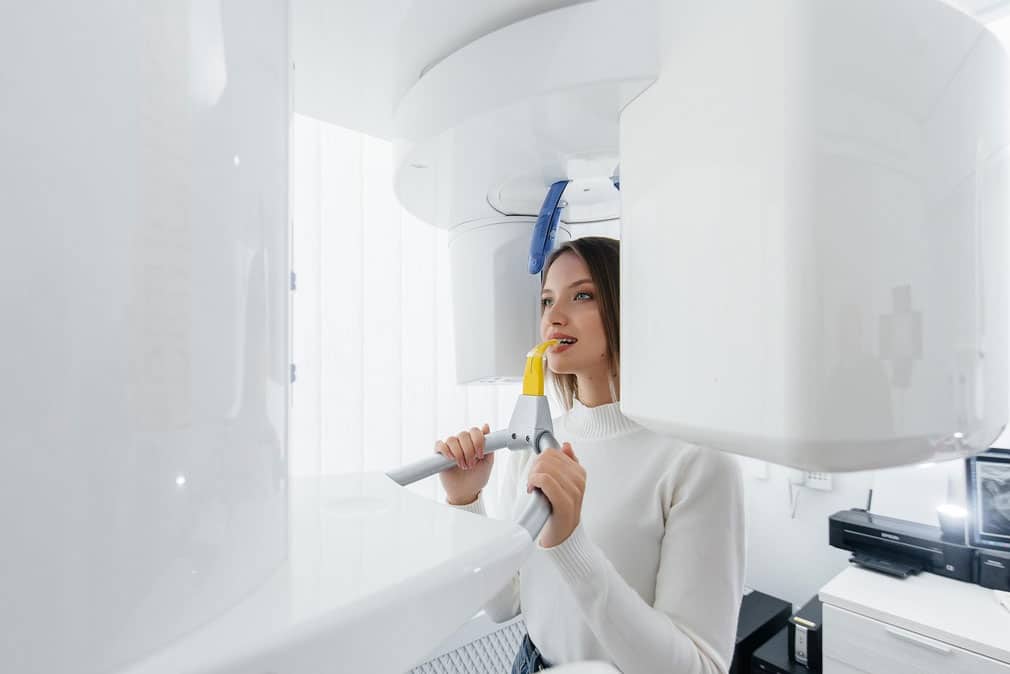
There are two possible scenarios: (1) upgrading your existing OPG unit in an existing OPG room (2) furnishing a new CBCT room altogether. Nevertheless, the following requirements apply:
- Apply for the appropriate radiation licence for the applicable state/territory for the CBCT machine.
- Develop a radiation safety management plan for the CBCT machine as the applicable state/territory requires.
- Develop a shielding report for the CBCT room. The shielding report advises the builder on what type of shielding is needed for the room based on the workload, radiation output, dose limit, occupancy level and distance. This is required in all states/territories, even for an existing OPG room. Radiation energy from a CBCT machine is significantly higher than a standard OPG machine.
- Register the new CBCT machine as required by the relevant state/territory.
- CBCT machine compliance testing and certification by an accredited person as required by the relevant state/territory (e.g. QLD requires CBCT machines to be compliance tested annually. This requirement was introduced in September 2021 & NSW introduced new CBCT testing protocols).
- CBCT premises compliance testing and certification by an accredited person as required by the relevant state/territory.
An experienced radiation consultant (physicist) will be able to guide you through this whole process (from licencing, shielding assessment, compliance testing, to ongoing radiation safety procedures).
The following are two prevalent scenarios: These scenarios outline what these radiation practices encountered when they chose not to work with an experienced radiation consultant.
Scenario 1:
- The radiation practice has been established and engaged in radiation operations for a few months
- They receive a call from the Radiation Health Regulator arranging a walk-in audit and inspection
- The Regulator discovered that the radiation machines did not have current compliance certificates and that the business did not have the appropriate licences to possess/own/operate the radiation machines
- The owner of the practice was not aware of this, as they had not received any professional advice
- The Regulator gave the business/practice owner 30 days to rectify, comply, or face further actions (fine or removal of x-ray machines). While the compliance process was underway, the business was not permitted to operate the radiation machines until they met all the legislative requirements. This caused a significant impact on business operations.
Scenario 2:
- The radiation practice has the appropriate licences to both possess/own and use a radiation machine
- The radiation machine was compliant, but the room in which the radiation machine was installed has no shielding report
- It is a requirement to have a shielding report for each room (for radiation use and compliance)
- The owner was unaware of this requirement. The x-ray machine suppliers told the practice owner that the x-ray machine was low dose; therefore, no shielding was required
- However, this was incorrect advice by the machine suppliers
- The radiation machine may have a low dose per exposure with high-frequency use. Thus, a shielding report must be generated for each radiation room – this is a requirement by each state/territory. A shielding report determines whether shielding is required for the radiation room
- Calculations were undertaken – discovered that one wall of the room was under-shielded
- The business owner must rebuild the wall in question with appropriate shielding applied to ensure compliance
- The shielding report, rebuilding of the wall, and the shielding application to that wall cost the business owner time and money – a situation that could have been avoided with the correct advice from a radiation consultant.
Key Points:
- It is crucial to follow all the correct procedures and processes for your radiation practice before operating radiation machines. If you operate radiation practices across Australia, be mindful of the different sets of legal requirements and compliance processes that you must adhere too
- Ensure that you have all the necessary licences, compliance certification, ongoing radiation safety and protection procedures for your radiation practice. Getting it right from the onset can ensure that you are confident come time for an audit and inspection visit from the radiation health regulator
- Make sure your radiation practice maintains ongoing radiation compliance – Any practice/business owners do not wish to have their radiation practice/operation interrupted if they are issued with an improvement or action notice by the radiation health regulator
- Non-compliance with radiation legislative obligations can result in significant penalties
- Engage an experienced radiation consultant from the onset for your radiation practice. The radiation consultant can also assist with ongoing radiation compliance for your radiation practice to avoid significant penalties by the radiation health regulator for non-compliance and address any radiation-related matters (including relocation, sale, purchase, disposal, decommission, radiation incidents etc.)
Action plan for radiation compliance:
To ensure your radiation practice is 100% compliant with the law, engage an accredited radiation consultant (preferably with a radiation physic background) across all areas of radiation-related matters.
Working with a professional will help save time, prevent anxiety, and reduce costs and is a long-term investment. This is particularly true when changes are made to radiation standards, procedures, and processes from time to time. Leaving radiation matters to an expert frees you to focus on providing stronger clinical work and developing your business.
NOTE: The investment costs are as little as 0.076% (over five (5) years – average compliance cycle) of an average annual turnover of a 3-chair practice with an extra-oral machine.
Choosing your radiation consultant:
Your radiation consultant should:
- Be accredited in the relevant state/territory
- Have a solid working knowledge of radiation safety and compliance regime for the applicable state/territory
- Be able to advise your radiation practice of the compliance requirements
- Articulate radiation safety and protection requirements effectively for the staff and clients at the radiation practice
- Provide foresight to ensure your radiation practice passes the radiation regulator’s audits and inspections
- Have a strong reputation in the radiation industry
- Respond efficiently to radiation-related matters, given that radiation breaches or incidents require immediate attention.
If you have any further questions, feel free to contact Sieverts Radiation Safety Consulting and our team will respond to you as soon as possible.

